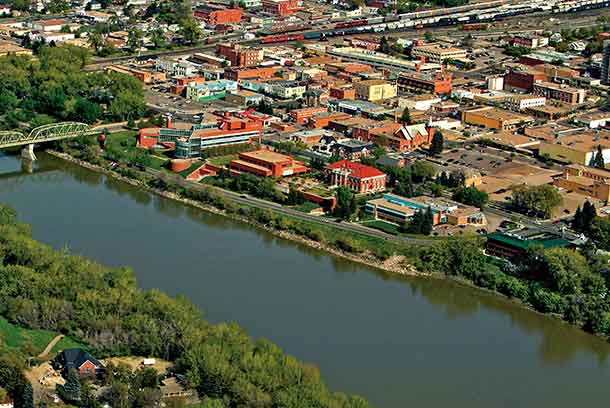
VANCOUVER – LIVING – Canada is facing a problem with homelessness. While there are many solutions being tried, the Fraser Institute is stating that the problem is Canada’s Building Codes.
Building codes in Canada contribute to homelessness by reducing the supply of low-income housing, finds a new study released today by the Fraser Institute, an independent, non-partisan Canadian public policy think-tank.
“When addressing homelessness, well-intentioned policymakers often overlook the significant issue of building codes and how they can actually make the lives of low-income people much worse,” said John Palmer, Professor Emeritus from the University of Western Ontario and co-author of Housing Codes, Homelessness, and Affordable Housing.
The study notes that governments often shut down housing units (or prevent them from being occupied to begin with) because they don’t fully comply with certain building code standards. This reduces the supply of housing for low-income people, forcing them into worse alternatives including abusive households, temporary shelters, illegal campsites, or living on the street.
Moreover, some over-reaching regulations can perversely create a black market for low-cost housing, which may not comply with any regulations at all.
“When government enacts and enforces stricter housing codes, it removes a low-cost option for low-income people, often forcing them into living in worse situations,” said Steve Lafleur, senior policy analyst at the Fraser Institute and study co-author.
